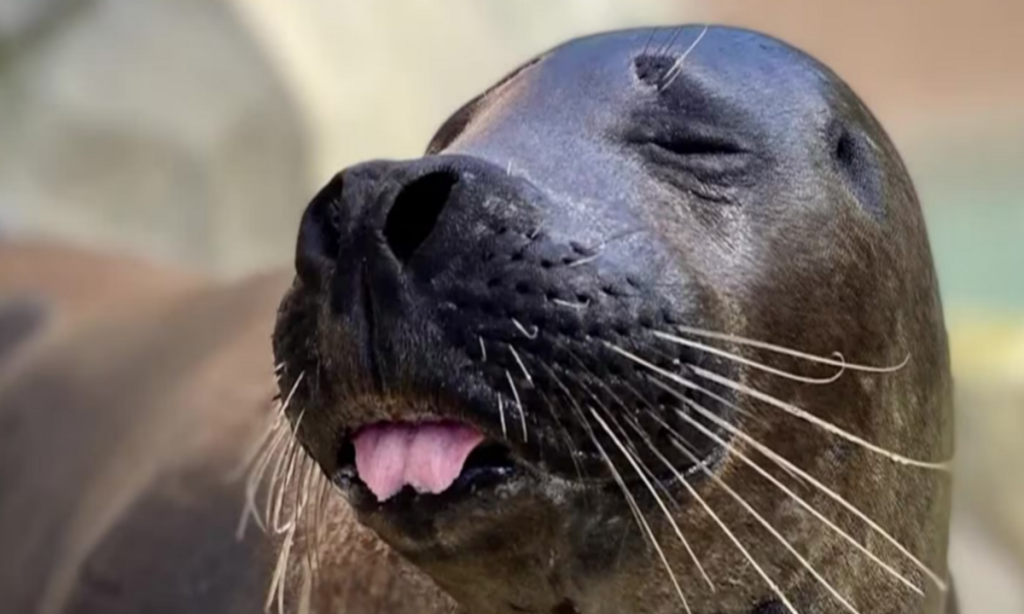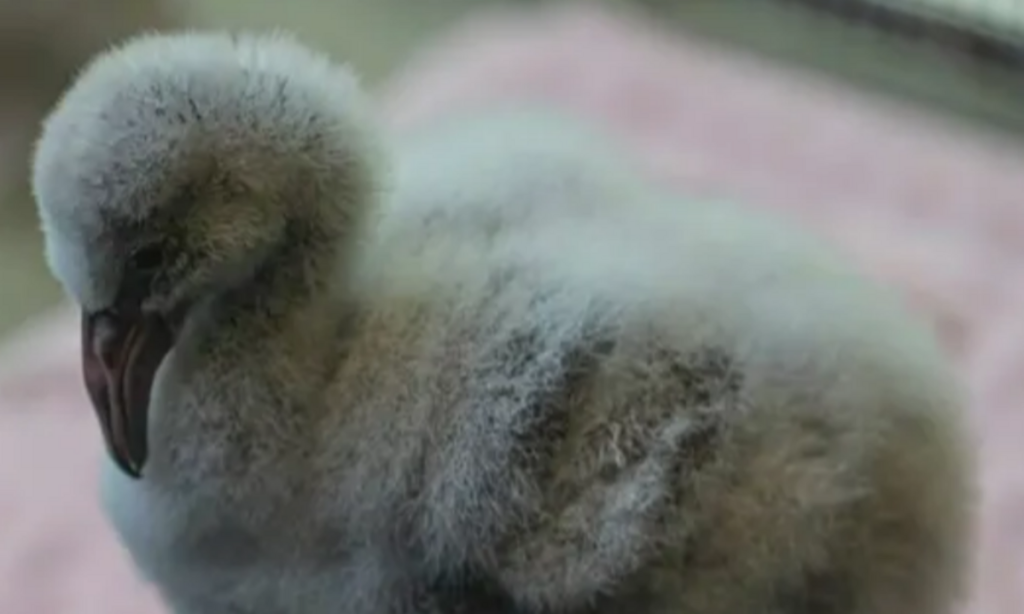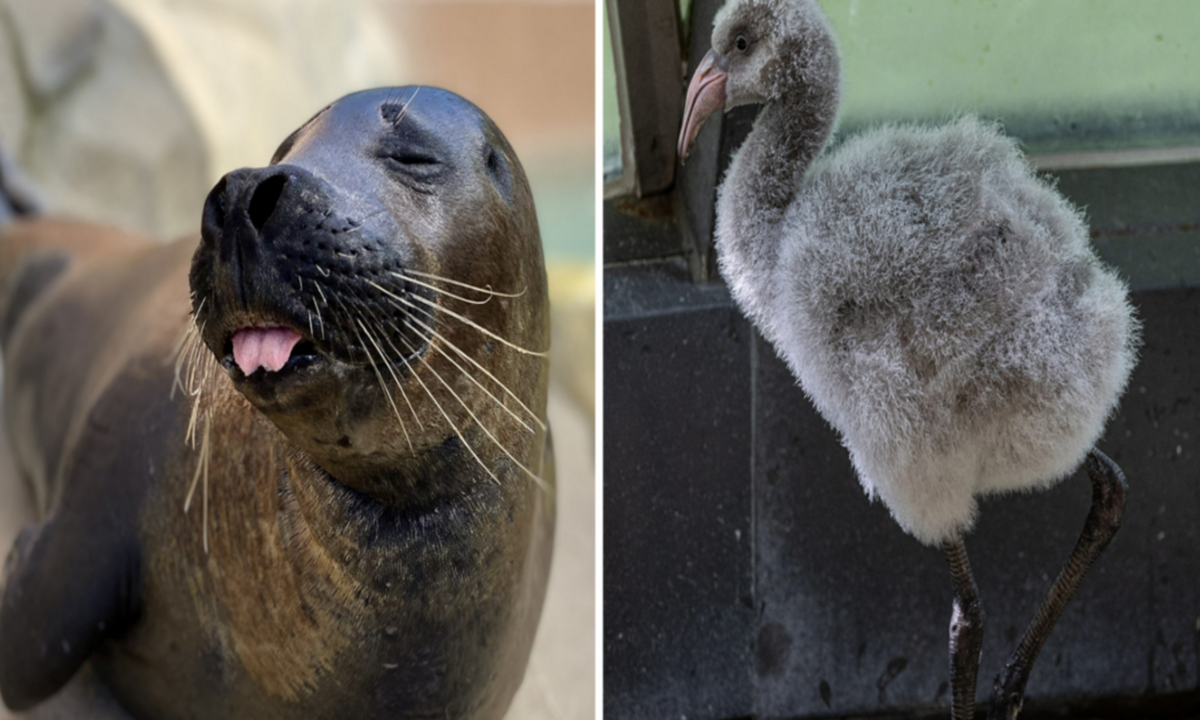Chicago, IL – The Lincoln Park Zoo is mourning the loss of two beloved animals after avian influenza, commonly known as bird flu, claimed the lives of a harbor seal and a Chilean flamingo last week. This marks the first time animals at the zoo have succumbed to the virus, raising concerns about the potential impact on other wildlife in the facility.
A Tragic Loss for the Zoo
The zoo confirmed through testing that the harbor seal, named Slater, and the young Chilean flamingo, named Teal, both died from avian influenza. Slater, a seven-year-old seal known for his curious and energetic personality, was a favorite among visitors and zookeepers alike. He had a reputation for excelling in training sessions and engaging enthusiastically with his caretakers.
Teal, the Chilean flamingo, was only a few months old, having hatched this fall. She had recently started bonding with her flock and keepers, showing promise as a key addition to the bird exhibit. The loss of such a young and vibrant bird has been especially heartbreaking for zoo staff.

In a heartfelt Facebook post, the zoo expressed its sorrow, describing Slater as a quick learner with a lively spirit and Teal as a cherished member of their bird exhibit. “Both will be dearly missed,” the post read, capturing the collective grief felt by the Lincoln Park Zoo community.
Investigation and Safety Measures
The source of exposure to the bird flu remains unclear, and zoo officials are working diligently to investigate how the virus infiltrated their facility. As a precaution, the zoo has heightened biosecurity measures to protect other animals and prevent further spread of the virus.
All animals are being closely monitored for symptoms, and additional protective steps have been implemented to ensure their safety. According to a zoo spokesperson, the health and well-being of the animals and visitors remain their top priority.
Understanding Avian Influenza
Avian influenza is a highly contagious viral disease that primarily affects birds but can also infect other animals, including seals. The virus spreads through direct contact with infected birds, contaminated surfaces, or through airborne particles from infected droppings.
While the virus primarily affects wild birds, outbreaks in zoos and poultry farms are not uncommon. In such cases, strict biosecurity measures are necessary to contain the outbreak and safeguard other animals.
Experts advise zoo visitors and animal caretakers to follow hygiene protocols, such as sanitizing footwear and avoiding contact with wild birds, to minimize the risk of spreading the virus.
Impact on the Zoo and Community
The loss of Slater and Teal has left a void not only for the zookeepers but also for the Chicago community that cherishes the Lincoln Park Zoo as a beloved local attraction. Slater’s playful antics in the water and Teal’s growing presence in the bird exhibit were sources of joy and fascination for visitors.
The incident has also sparked discussions about the need for increased awareness and preventive measures to protect animals in zoos and wildlife facilities.

Zoo’s Commitment to Wildlife Care
In response to this tragedy, the Lincoln Park Zoo has reassured the public that they are committed to providing the best care for their animals. Efforts are underway to ensure that all necessary precautions are in place to prevent further incidents.
The zoo’s veterinary team is collaborating with external experts and conducting regular health checks to identify potential risks early. Enhanced biosecurity measures, including restricted access to certain areas and increased sanitation, are now part of daily operations.
Moving Forward
The Lincoln Park Zoo remains open to visitors, and officials encourage the public to support their conservation efforts by continuing to visit and learn about the importance of wildlife care. Updates about the health of the zoo’s animals and ongoing investigations will be shared through the zoo’s official channels.
This tragic incident is a somber reminder of the challenges zoos face in protecting animals from emerging diseases. It also highlights the importance of conservation and education in safeguarding wildlife for future generations.
Conclusion
The deaths of Slater and Teal have deeply affected everyone at the Lincoln Park Zoo, from staff members to visitors who loved watching the animals thrive. While their loss is a heartbreaking moment, the zoo is committed to honoring their memory by continuing its mission of wildlife conservation and education.
By learning from this incident and strengthening protective measures, the zoo aims to ensure a safe and healthy environment for all its animals moving forward.
Disclaimer—Our team has checked this article to ensure its accuracy and eliminate any misinformation. We are committed to providing clear and reliable information for our readers.




